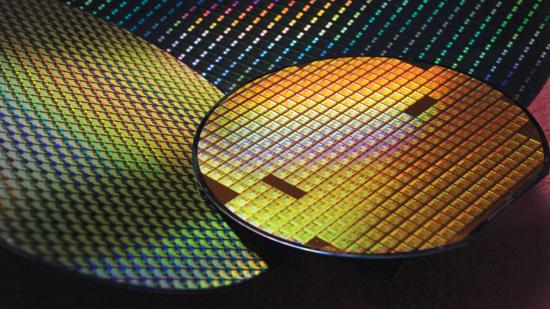TSMC has responded to GlobalFoundries patent infringement lawsuits in kind with the pure-play fab giant calling the lawsuits against it and its clients “baseless” and “meritless”. The company has also stated that it’s prepared to use and and all options to “vigorously defend its proprietary technology in response to GlobalFoundries complaints.”
“TSMC is in the process of reviewing the complaints filed by GlobalFoundries on August 26, but is confident that GlobalFoundries’ allegations are baseless,” the statement by TSMC reads. “As a leading innovator, TSMC invests billions of dollars each year to independently develop its world-class, leading-edge semiconductor manufacturing technologies. As a result, TSMC has established one of the largest semiconductor portfolios with more than 37,000 patents worldwide and a top 10 ranking for US patent grants for 3 consecutive years since 2016.
“We are disappointed to see a foundry peer resort to meritless lawsuits instead of competing in the marketplace with technology. TSMC is proud of its technology leadership, manufacturing excellence, and unwavering commitment to customers. We will fight vigorously, using any and all options, to protect our proprietary technologies.
GlobalFoundries is hoping to block all TSMC product into the US and Germany with its latest lawsuits, which it has filed in both the US and Germany. The foundry, which used to be AMD’s manufacturing arm, claims that the Taiwanese foundry is infringing on its patents for its 28nm, 16nm, 12nm, 10nm, and 7nm process node manufacturing. It’s also targeting TSMC’s clients, such as Nvidia, Apple, Qualcomm, and Broadcom.
One exception from the accusations is AMD, which utilises TSMC’s allegedly patent infringing 7nm process for both its Zen 2 CPU architecture and its RDNA GPU architecture yet is notably absent from the list of defendants. This may be because AMD is a current client of GlobalFoundries, utilising its 12nm process for the cIOD die. Or perhaps there’s some legal loophole founded in AMD’s complex history with GlobalFoundries, which was created out of the companies manufacturing arm.
Even without AMD in the fray, GlobalFoundries has a considerable fight on its hands. The combined wealth of the defendants in the case easily exceeds a trillion USD.
Header image courtesy of Taiwan Semiconductor Manufacturing Co., Ltd.
